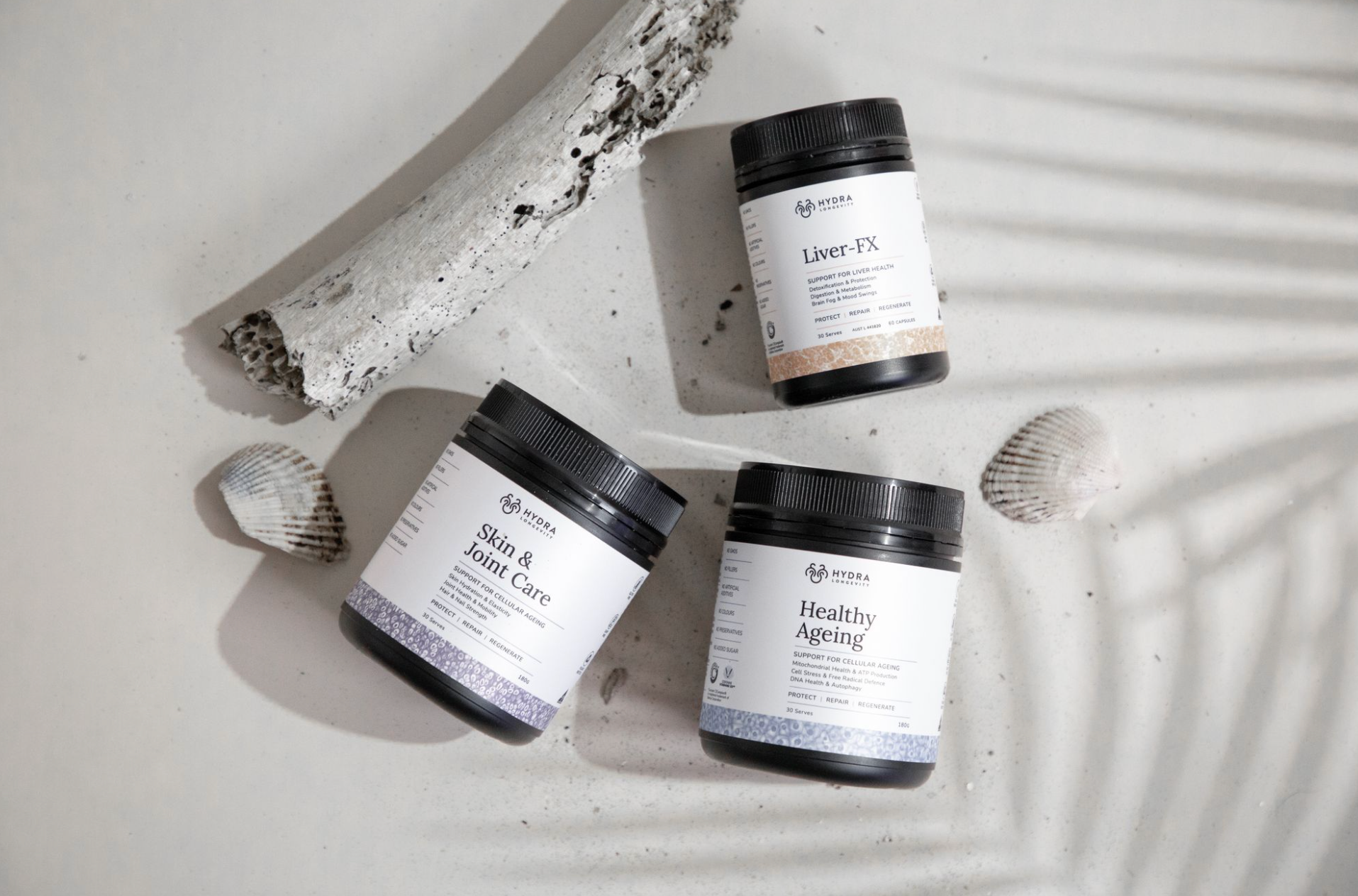Could old age be curable and not just an inevitability?
This is now becoming more and more the focus of longevity science around the world. New research techniques, new money , new theories, all excited by the discoveries that our cellular performance, our genetic code, our DNA function can all be protected and repaired to potentially operate indefinitely.
For millennia, our understanding of ageing has been dominated by the observation that as our years progress, we accumulate multiple diseases such as cancer, heart disease, diabetes, dementia and frailty, we get sicker and we die. This is what ageing is, something that is unavoidable and inevitable.
But a growing number of scientists are challenging this concept of ageing. They are questioning the validity of this view that as we age, we must get disease and frailty and then have to wait for death to claim us. What if we could prevent disease and frailty? What if we could repair and regenerate forever? Can we get old age classified as a disease that can be treated? These questions and more are leading us into a future where we can have more control of our own destiny and make giant impacts on our lifespan and healthspan.
David Sinclair, a geneticist at Harvard Medical School says that many of the serious diseases we see today are a result of ageing and that we need to concentrate on addressing the root causes of disease by finding the molecular mechanism of ageing. Sinclair is one of the most vocal scientists pushing for ageing to be classified as a disease with the World Health Organisation on its official International Classification of Disease list (IDC-11). This reclassification will allow our ‘linear and upward progress’ toward longer and healthier lifespans to continue at a faster pace as money would flow into biotech research, innovation and drug development.
Other scientists are not so convinced about this push for reclassification. Eline Slagboom, a molecular geneticist at the Leiden University Medical Center says that reclassifying ageing as a disease will turn ageing into a political and commercial discussion. To view ageing as a treatable disease causes the emphasis to be taken away from healthy living. To truly prevent chronic diseases, young and middle-aged people need to be encouraged to adopt healthier lifestyles.
Despite the vocal push by Sinclair and other eminent scientists for reclassification, just how long humans could live remains a contested topic with many hot debates. The underlying question being asked is, do we have to die at all? If we find ways to treat and beat ageing as a disease, could we live for centuries or even millennia? Or is there a limit on how long a human can live?
For decades now, scientists have been studying species that seem to be biologically immortal. Most famously, the bristle cone pine trees of North America, the C. elegan worm and the hydra sea creature, are all seemingly to be over 5000 years old or equivalent and don’t die. Research is focussed on how these living species regenerate and protect themselves from degeneration and damage. Can these findings lead to novel new drugs being developed to have an impact on the protection and regeneration of human DNA, genetics and mitochondrial function?
Whether we can all live to 120 or 1000, experts agree that we are missing out on many decades of healthy lifespan. Currently we are dying before the age of 80 so we have at least 30 to 40 years of life not being realised and that is where the conversation should be starting. Improve our healthspan and this will naturally extend our lifespan.
Brian Kennedy a professor of biochemistry and physiology at the National University of Singapore and the director of Singapore’s Centre for Healthy Ageing agrees that we need a change in the way we deal with ageing. “If we don’t do something about the dramatic increase in older people, and find ways to keep them healthy and functional, then we have a major quality of life issue and major economic issue on our hands. We have to go out and find ways to slow down ageing”.
We have made some exciting discoveries on how we age and have even started to develop medicines that can improve healthspan and lifespan. Much of the new research is focussing on the field of epigenetics, how diseases are caused by changes to the way genes express themselves rather than mutations in the DNA. Some of the body’s own epigenetic mechanisms work to protect cells and also repair them, and our DNA, but they become less effective with age. If we can recharge or reinvigorate these mechanisms then we can look at winding back the ageing clock.
The exciting thing for all of us is that research is quite progressed in understanding how we age and what cellular mechanisms are involved in the ageing process. While there is a long way to go in the development of biotechnology and drugs to impact ageing, we have a large number of well-studied natural compounds that all show anti-ageing properties in various ageing models. Many of these natural nutrients and herbs have been around for centuries and have been shown to be safe and powerful in their effects. To date, there are nearly 6000 scientific research/review articles published in the anti-ageing field and these reports reveal more than 185 compounds with anti-ageing activity in multiple ageing models coming from natural products or extracts. Some of these highly researched nutrients are curcumin, resveratrol, green tea, blueberries, CoQ10, astaxanthin, lipoic acid and rosemary.
The bottom line is, while we are waiting for the scientific community to continue their work of novel drugs and biotech advances to slow down ageing, we need to be utilising everything we currently have at our disposal to improve our healthspan and lifespan. The daily use of scientifically validated natural nutrients that have powerful effects on our genes, DNA and mitochondria and the daily lifestyle choices we make in reducing stress, being more active and improving the foods that we consume.
In short, try to live like the centenarians in the ‘blue zones’ around the world and consume those researched anti-ageing nutrients that we already have available to us on a daily basis.





